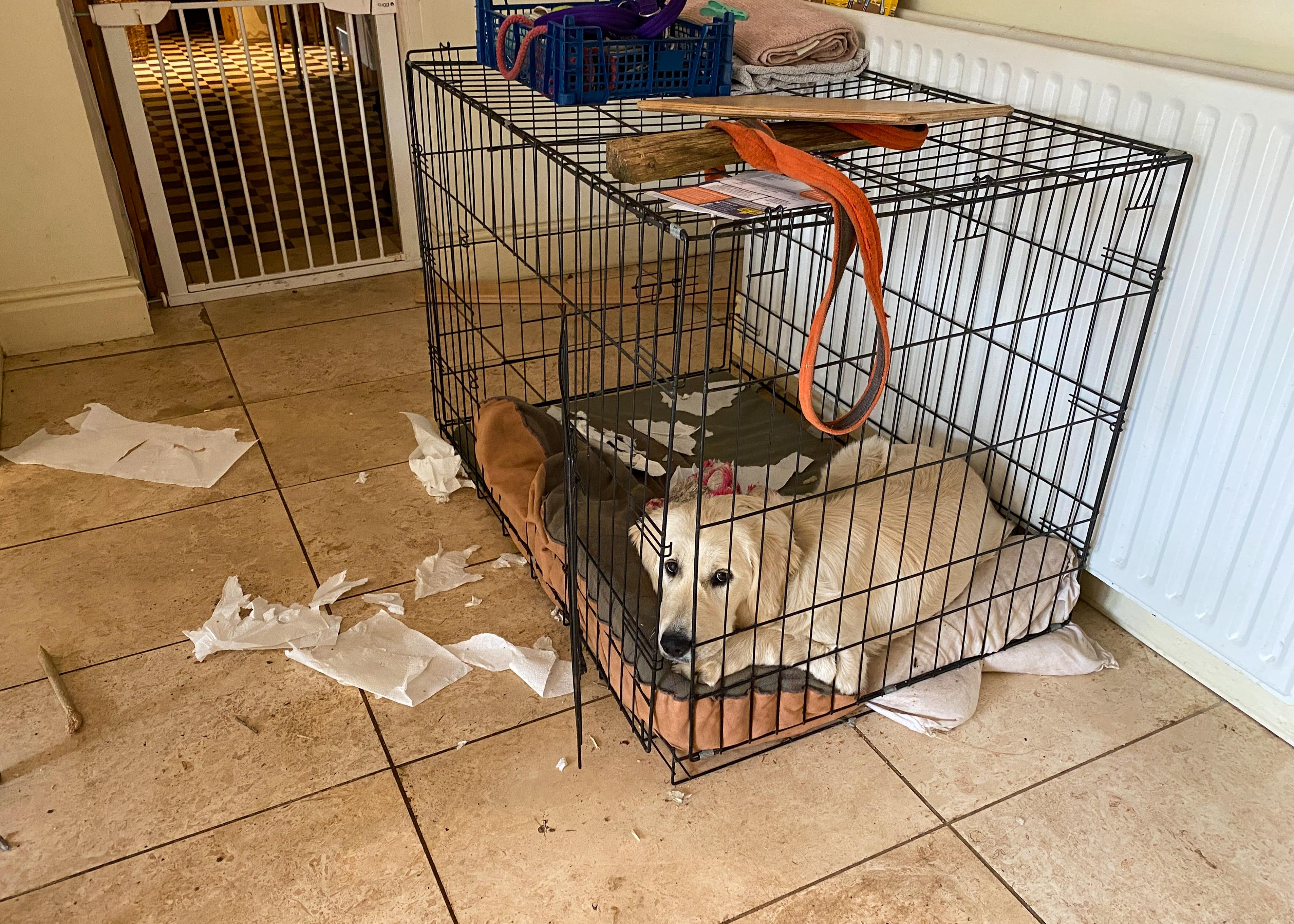Welcoming a new puppy into your home is an exciting and heartwarming experience, filled with moments of joy, curiosity, and the occasional mischief. As you embark on this delightful journey, one of the most important steps in ensuring a harmonious living environment is teaching your puppy the ropes of crate training and housebreaking. These foundational skills not only foster a sense of security and routine for your furry friend but also lay the groundwork for a well-behaved companion. In this guide, we will explore the gentle art of crate training while simultaneously housebreaking your puppy, offering practical tips and compassionate advice to help you and your new pet navigate this important phase with ease and confidence. Whether you’re a first-time puppy parent or looking to refresh your training techniques, our warm and instructive approach will support you every step of the way.
Choosing the Perfect Crate for Your Puppy
Finding the right crate for your puppy is crucial to ensuring their comfort and safety during crate training. Size matters; a crate that’s too small will be uncomfortable, while one that’s too large may tempt your puppy to use one corner as a bathroom. Look for a crate that allows your puppy to stand up, turn around, and lie down comfortably. Consider adjustable crates that can grow with your puppy, saving you from purchasing multiple sizes as they grow.
- Material: Choose between wire, plastic, or fabric crates based on your puppy’s temperament and your lifestyle needs.
- Portability: If you plan to travel, opt for a lightweight and foldable crate.
- Comfort: Ensure the crate has a soft bed or crate pad for added coziness.
Remember, the crate should be a positive, safe space for your puppy. Introduce it gradually and always associate it with positive experiences, like treats or toys. A well-chosen crate not only aids in housebreaking but also becomes a comforting den for your puppy as they grow.

Creating a Cozy and Inviting Crate Space
Transforming a crate into a welcoming haven for your puppy is a delightful journey. Start by selecting a crate that is just the right size—enough room for your puppy to stand, turn around, and lie down comfortably. Line the crate with a soft, washable blanket or cushion to make it snug. Introduce favorite toys to create a sense of familiarity and security. Incorporate an item with your scent, like an old T-shirt, to provide comfort and reassurance.
- Choose the right location: Place the crate in a quiet yet active area of your home, where your puppy can feel part of the family activities without being overwhelmed.
- Lighting matters: Ensure the space has gentle lighting, avoiding direct sunlight or harsh shadows that could make your puppy uncomfortable.
- Aromatherapy: Consider using a mild pet-safe diffuser with calming scents like lavender to create a soothing environment.
By crafting a cozy space, you’re not just providing a place to sleep but nurturing a sense of belonging and safety. This cozy retreat will become a cornerstone in your puppy’s routine, promoting relaxation and aiding in their overall adjustment to crate training.
Establishing a Consistent Crate Training Schedule
Creating a routine is crucial for successful crate training, ensuring your puppy feels secure and comfortable. Start by establishing consistent times for feeding, bathroom breaks, and play. Puppies thrive on predictability, so aim to align these activities with your daily schedule. This approach not only helps in training but also aids in housebreaking, as it teaches your puppy when to expect bathroom breaks.
- Morning: Begin with a bathroom break immediately after waking up, followed by breakfast.
- Midday: Offer a short play session and another bathroom break after lunch.
- Afternoon: Allow for some crate time to encourage rest and provide a bathroom break post-nap.
- Evening: After dinner, engage in light play and another bathroom trip.
- Night: Ensure a final bathroom visit before bedtime to reduce nighttime accidents.
While sticking to a routine, be attentive to your puppy’s needs and adjust the schedule as necessary. Crate training isn’t about rigidity but rather providing a framework that fosters trust and comfort for your puppy.
Balancing Crate Time with Housebreaking Routines
Creating a harmonious balance between crate time and housebreaking routines is key to fostering a secure and happy environment for your puppy. It’s important to establish a consistent schedule that incorporates both elements seamlessly. Crate time should not be viewed as a punishment but as a safe space where your puppy can relax and feel secure. To ensure this, keep the following tips in mind:
- Limit crate time: Ensure your puppy spends no more than a few hours in the crate at a stretch, especially during the day, to prevent restlessness and accidents.
- Pair crate time with breaks: Align crate intervals with potty breaks to reinforce housebreaking efforts. Take your puppy outside immediately after crate time for a bathroom break.
Meanwhile, maintaining a regular housebreaking routine complements crate training by teaching your puppy where and when it’s appropriate to relieve themselves. Consider these pointers:
- Scheduled potty times: Take your puppy out first thing in the morning, after meals, and before bedtime to establish a reliable routine.
- Positive reinforcement: Reward your puppy with treats and praise when they successfully go outside, strengthening their understanding of acceptable bathroom behavior.
With patience and consistency, your puppy will learn to appreciate their crate as a cozy den while mastering the rules of the household. Remember, balance is essential in nurturing a well-adjusted and happy canine companion.

